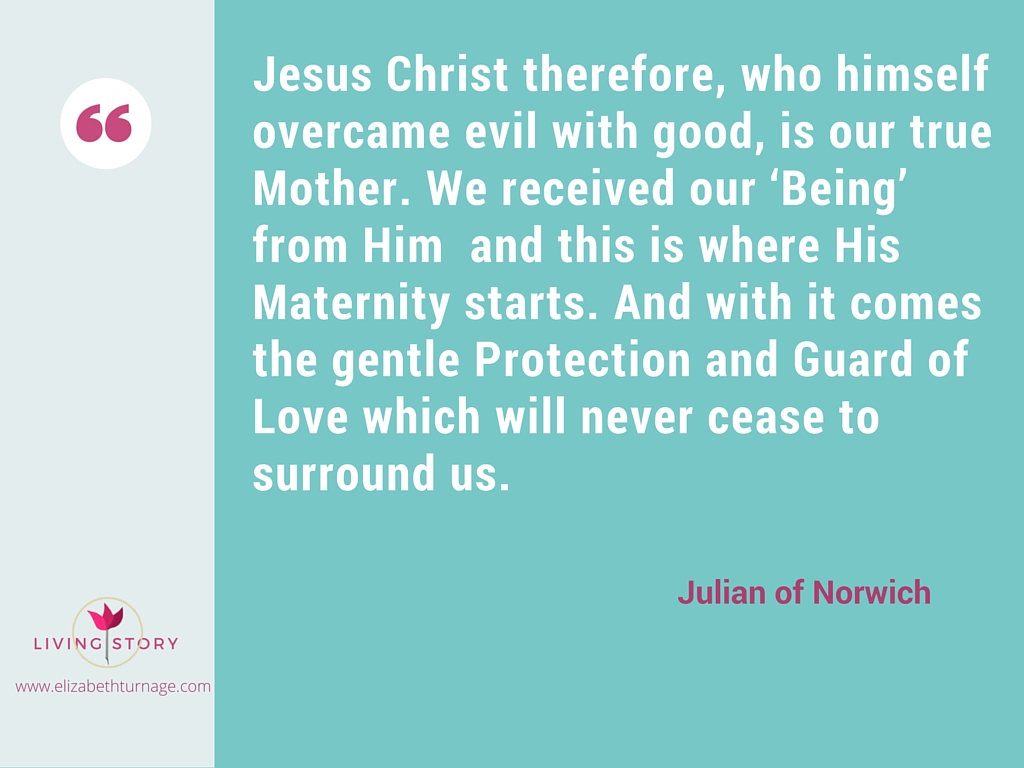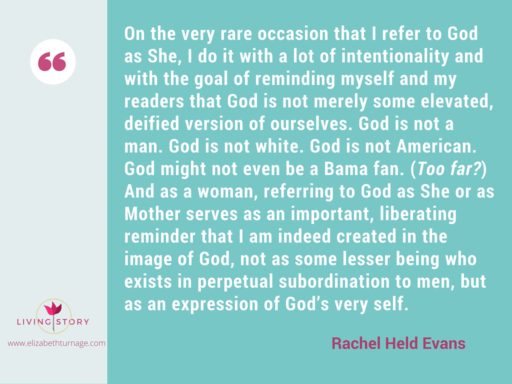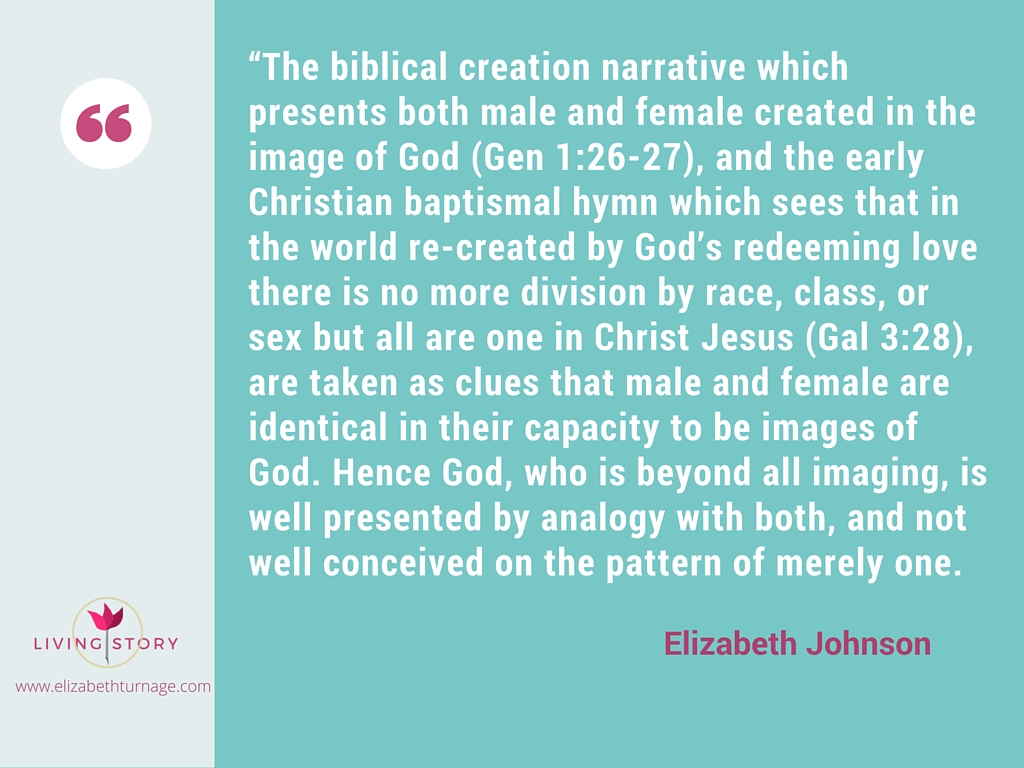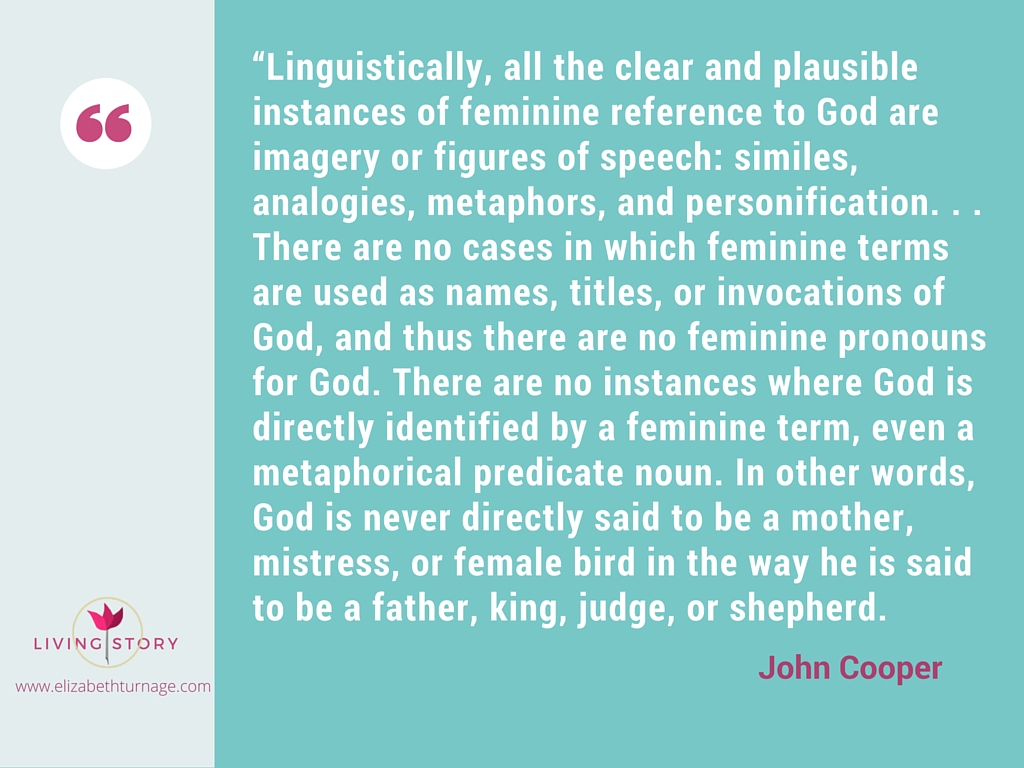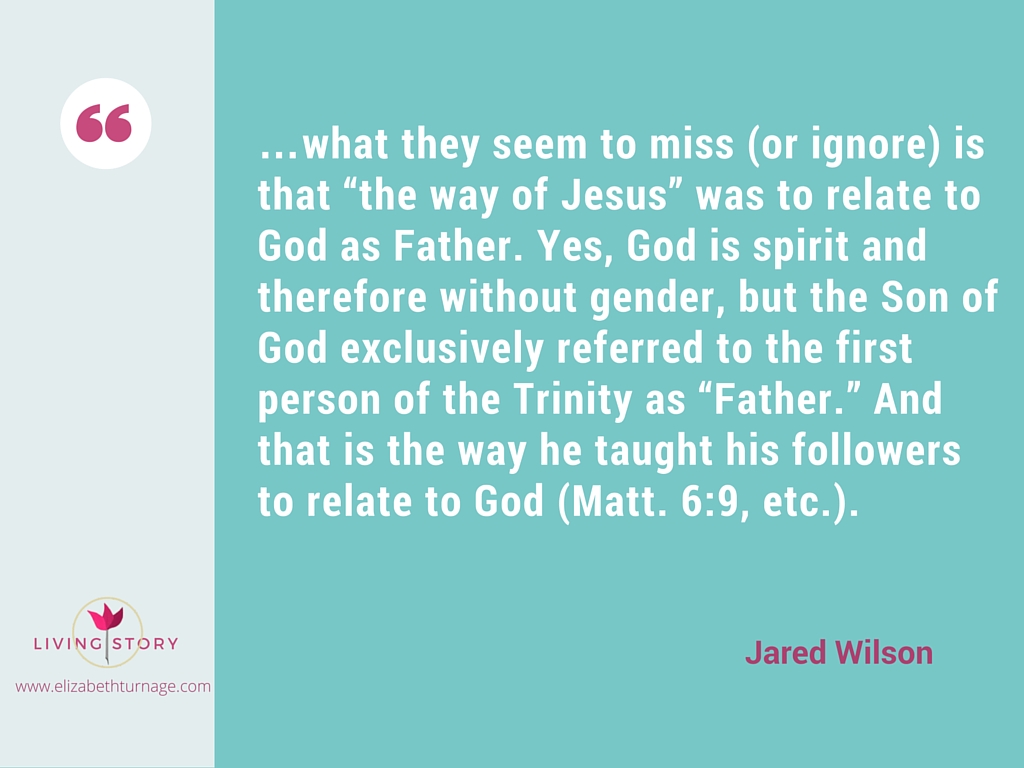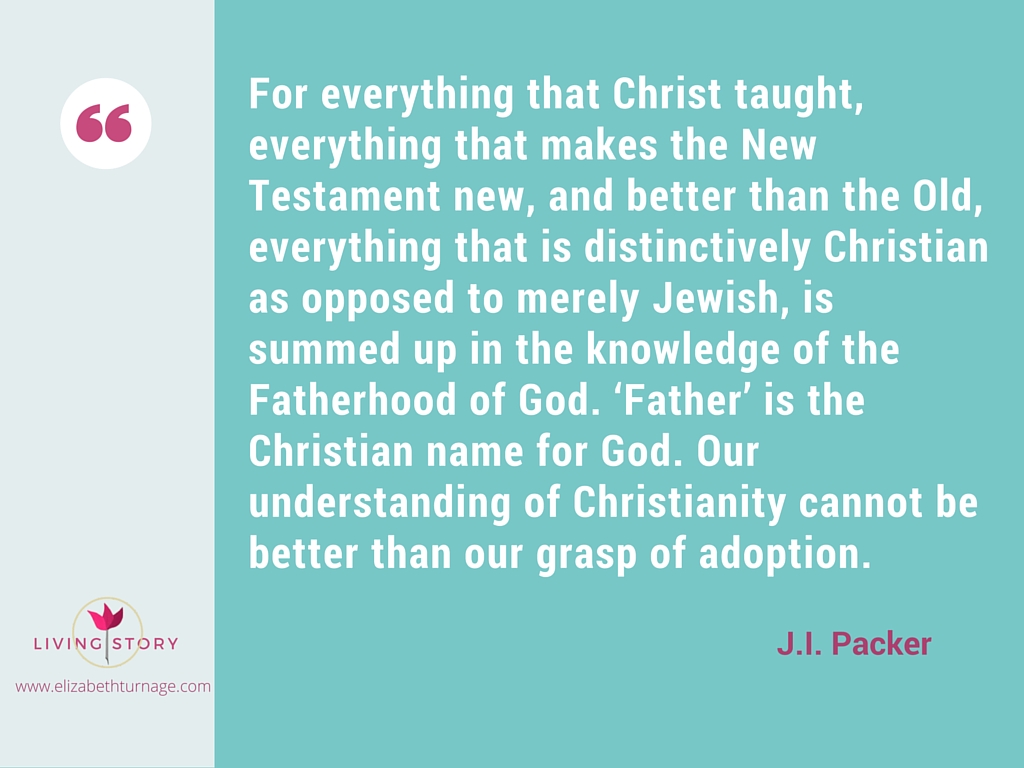The good news of Reformation Day
I had great history professors in high school. I only wish I had paid more attention in Modern European History. Then I might have understood the worldwide impact of the Protestant Reformation so much better than I do. Here’s what I do know—whether Martin Luther actually nailed his 95 Theses to a church door or not, he wrote them, and what he and other Reformers like Calvin and Zwingli wrote, changed history and Christianity forever.
The Catholic church and the Holy Roman Empire of the early 16thcentury, the formal representation of Christianity in that day, had become corrupt. Martin Luther and the other Reformers insisted on what are known as the five “sola’s” (don’t worry—you don’t need to know Latin to understand this blog post), and those five “alone’s” or “only’s” are very good news for Christians today, namely because they emphasize the major truths of the gospel.
Here are the five “alone’s” with an explanation of why they were such good news then and continue to be so today. I also included some Scripture that speaks to these “alone’s”:
Five Sola’s of Reformation
1. Scripture Alone (Sola Scriptura). (2 Timothy 3:16).
Good news: You can read and trust the Bible alone as the final authority on spiritual matters.
Before the Reformation, the Bible was not often read in the Roman Catholic Church, and when it was, it was read in Latin, then interpreted by Church leaders who often added to or changed the meaning. Because many common people didn’t understand what the Bible said, the corrupters of religion were able to twist its meaning.
Then, between 1440 and 1450, Gutenberg invented the modern printing press, and the first Bible was printed in 1455. The Reformers thought it would be a good idea for everyone to be able to read the Bible, and they began to translate it into languages people knew. So not only did the Reformers insist that Scripture alone is the ultimate authority for spiritual life, they also gave us the great privilege we have now – the ability to read the Bible in a translation we can understand!
All Scripture is breathed out by God and profitable for teaching, for reproof, for correction, and for training in righteousness.”2 Timothy 3:16:
2 and 3. Faith Alone and Grace Alone (Sola Fide and Sola Gratia)
Good news: You don’t have to be able to afford “indulgences” in order to be saved.
In the late 1400’s and early 1500’s, corrupt officials of the Roman Catholic Church sold indulgences. An indulgence was something anyone could purchase to obtain forgiveness of sins, for themselves, or especially for someone who had already died. As Joan Acocella explains, “the name was written in on a printed form: [name] was forgiven x amount of time in Purgatory. The more time off, the more it cost, but the indulgence-sellers promised that whatever you paid for you got.” (The New Yorker, How Martin Luther Changed the World, October 30, 2017)
As Martin Luther studied Paul’s epistles, he became convinced that the Bible teaches justification by faith alone and by grace alone—we are “justified,” that is, made right, only by God’s grace and through believing in Jesus Christ as Savior. We do not earn salvation by doing good works—or by purchasing indulgences.
For by grace you have been saved through faith. And this is not your own doing; it is the gift of God…” Ephesians 2:8
“We also have believed in Christ Jesus, in order to be justified by faith in Christ and not by works of the law, because by works of the law no one will be justified” (v. 16). Galatians 2:14–16
4. Christ Alone. (Solus Christus):
Good news: Only Jesus grants salvation, and you don’t need a priest to intercede on your behalf before God.
The corrupt practice of selling and buying indulgences had also corrupted the truth of how people were saved. As David Guzik explains here,
“The idea was something like this: “Men and women are not saved by Jesus, but through the pope and the institution of the Roman Catholic Church.”
The Bible is very clear that Jesus is “the way, the truth, and the life, no one comes to the Father but through him.” (John 14:6). Jesus is also “one God and mediatorbetween God and men.” (1 Timothy 2:5). Christ as mediator is great news for believers: Christ himself is mediating for us before the Father, beseeching him to forgive us because he died for our sins and made us righteous.
The church and priests and pastors and elder boards can guide, protect, and shepherd. They act as God’s servants in growing and discipling the body of Christ. But Christ alone saves us.
For there is one God, and there is one mediator between God and men, the man Christ Jesus, 1 Timothy 2:5
5. To God Alone Be the Glory (Soli Deo Gloria)
Good news: You don’t have to bow before anyone except the triune God: Father, Son, and Holy Spirit, who alone receives all the glory.
This final “alone” makes perfect sense in light of the four preceding principles. In the corrupt Catholic Church and Holy Roman Empire, “all glory, laud, and honor” was often misplaced, given to the Pope or the Holy Roman Emperor, not God, who alone deserves it. The Reformers helped Christians understand their true purpose: to glorify God. One of the most famous statements of this purpose is found in the Westminster Catechism, which declares, “Man’s chief end is to glorify God and enjoy him forever.”
Who is this King of glory? The LORD of hosts, He is the King of glory. Selah. Psalm 24:10
A Prayer Celebrating the Reformation
Lord, thank you for the very good news that we are saved by grace alone through faith alone in Christ alone. Thank you that you have explained all of this in your Holy Bible. We are so grateful, and indeed, we seek to give you all the glory for all you have done for us! In Christ’s name, Amen.
For a wonderful graphic on the Sola’s of the Reformation, go here: https://www.thegoodbook.co.uk/downloads/5-solas-infographic.png

